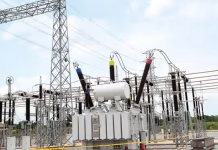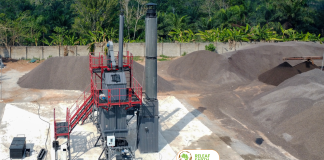The Nigerian Economic Summit Group has expressed its support for the implementation of the electricity tariff, which took effect on February 1, 2016, saying the new tariff regime would encourage private sector investment in the power sector.
The NESG, a private sector think-tank and policy advocacy group, said in a report that the country’s persistent electricity supply shortage presented serious obstacles to the growth and development of the economy.
It said this shortage of reliable power in sufficient quantity to meet the increasing requirements of a rapidly growing economy was predicted to be affecting the Gross Domestic Product growth by between two per cent and four per cent per annum.
The group noted that as of February 14, 2016, peak generation in the country was 4,741 megawatts for a population of 160 million people, compared to Algeria, another African country, which has 11,000MW for a population of 39 million people.
“Egypt has 24,000MW for a population of 88 million people. South Africa has 40,000 MW for a population of 53 million people, and Brazil has 100,000 MW for a population of 204 million people,” said NESG.
It said, “Under the former pricing regime, the combined sum of electricity prices and tariffs is far below industry’s costs. Unless these prices were raised significantly, the industry will never be viable (or seen to be heading in the direction of financial viability), and the private sector will not invest.
“Without private investment, the country will remain in the dark and extinguish any prospects for economic growth and development.”
According to the NESG, the rule of thumb for any developed industrial nation is that at least 1,000MW of electricity generation and consumption is required for every one million head of population. This rule provides a useful indicator as to the scale of the investments that need to be made in the Nigerian electricity supply industry over the coming years.
Nigeria will therefore need significant amounts of power generation, if it is to attain constant power supply (calculated to be 155,000MW using above rule of thumb), the group said.












New Electricity Tariff Will Encourage Private Investment In Power Sector – NESG: The Nigerian Economic Summit … https://t.co/v84SSkoDCe